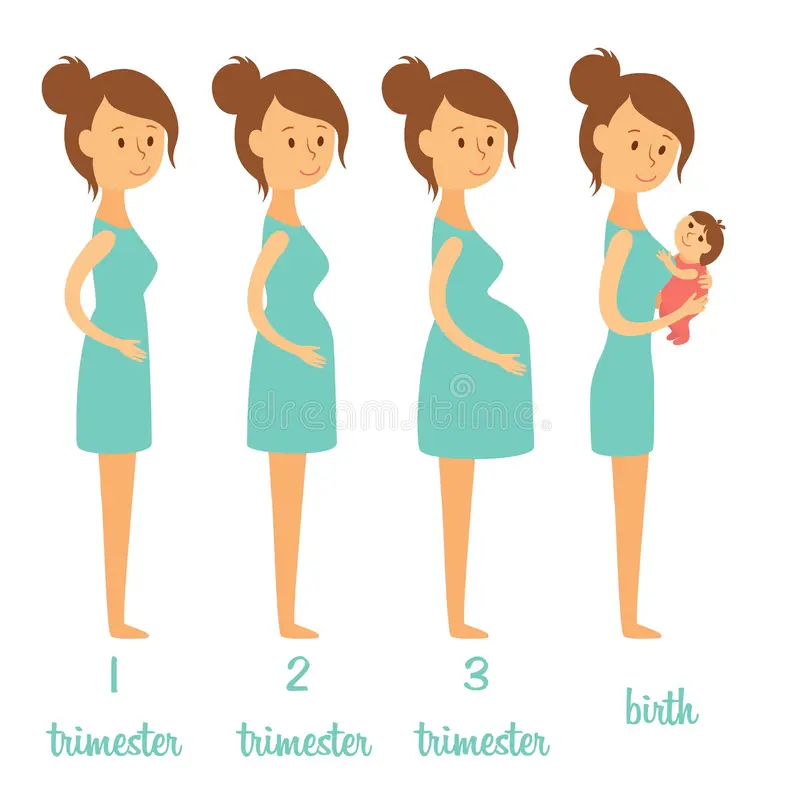Back
Restoring Pelvic Floor Health After Childbirth
By Shannon Strauch, PTA, STMT-1 on 7/24/2024

Bringing a new life into the world is an extraordinary experience, but it also brings significant changes to a woman's body, especially the pelvic floor. This vital group of muscles, which supports the bladder, bowel, and uterus, can be weakened during pregnancy and childbirth, leading to various postpartum issues. Understanding and caring for your pelvic floor is crucial for a smooth and healthy recovery.
Understanding the Pelvic Floor
The pelvic floor is a hammock-like structure of muscles and tissues located at the base of the pelvis. It plays a critical role in supporting the pelvic organs, maintaining continence, and contributing to sexual function. During pregnancy, the weight of the baby, hormonal changes, and the process of childbirth can stretch and weaken these muscles, leading to issues such as incontinence, pelvic organ prolapse, and pelvic pain.
Common Postpartum Pelvic Floor Issues
Many women experience pelvic floor problems after giving birth. Some of the most common issues include:
Incontinence:
Leaking urine when coughing, sneezing, or laughing.
Pelvic Organ Prolapse:
A sensation of heaviness or bulging in the vagina due to the pelvic organs dropping from their normal position.
Pelvic Pain:
Discomfort or pain in the pelvic region, which can affect daily activities and intimacy.
These issues are more common than you might think. Studies suggest that up to 50% of women experience some form of pelvic floor dysfunction after childbirth.
Diastasis Recti and Pelvic Floor Health
Diastasis recti, the separation of the abdominal muscles along the midline, is a common condition during and after pregnancy. This separation can weaken the core and affect the pelvic floor's function, leading to issues like lower back pain and incontinence.
Identifying Diastasis Recti:
Look for a noticeable gap or bulge in the abdomen when performing a crunch or sitting up.
Impact on Pelvic Floor:
A weak core can lead to improper pelvic floor engagement, exacerbating issues like prolapse and incontinence.
Exercises for Recovery:
Focus on gentle core strengthening exercises, like pelvic tilts and modified planks, to support both the abdominal muscles and pelvic floor.
The Role of Hormones in Postpartum Pelvic Floor Health
Hormonal changes during pregnancy and the postpartum period significantly impact pelvic floor health. Hormones like relaxin and estrogen play a role in muscle and tissue elasticity, which can affect recovery.
Relaxin:
This hormone increases during pregnancy to allow the pelvis to expand for childbirth, but it can also lead to increased laxity in pelvic floor muscles and ligaments.
Estrogen:
Postpartum estrogen levels drop, which can lead to vaginal dryness and decreased tissue elasticity, affecting pelvic floor function and comfort.
Benefits of Pelvic Floor Therapy
Pelvic floor therapy can be a game-changer for postpartum recovery. It involves exercises and techniques designed to strengthen the pelvic floor muscles, improve bladder control, reduce pain, and enhance overall quality of life. Benefits of pelvic floor therapy include:
Improved bladder and bowel control:
Reducing or eliminating incontinence.
Reduced pelvic pain:
Easing discomfort and pain in the pelvic region.
Enhanced sexual health:
Improving sensation and function during intimacy.
Prevention of prolapse:
Helping to keep pelvic organs in their proper position.
When to Start Pelvic Floor Therapy
It's never too early to start thinking about your pelvic floor health. Many healthcare providers recommend beginning gentle pelvic floor exercises soon after childbirth, once you feel ready and have been cleared by your doctor. Look for signs like persistent incontinence, pelvic pain, or a feeling of heaviness in the pelvic area as indicators that you might benefit from therapy.
Types of Pelvic Floor Exercises
There are several effective exercises to strengthen your pelvic floor:
Kegels:
Tighten and hold your pelvic floor muscles for a few seconds, then release. Repeat several times.
Bridges:
Lie on your back with your knees bent, lift your hips, and engage your pelvic floor muscles.
Squats:
Stand with your feet shoulder-width apart, lower into a squat while engaging your pelvic floor.
Ensure you perform these exercises correctly to avoid further strain. Consider consulting with a pelvic floor therapist for personalized guidance.
Incorporating Pelvic Floor Care into Daily Routine
Maintaining pelvic floor health can be as simple as incorporating exercises into your daily routine. Here are some tips:
Consistency:
Perform pelvic floor exercises regularly, ideally every day.
Mindful movement:
Engage your pelvic floor muscles during everyday activities, such as lifting or bending.
Healthy lifestyle:
Maintain a healthy weight, avoid heavy lifting, and stay hydrated to support your pelvic floor.
Seeking Professional Help
If you're experiencing persistent pelvic floor issues, don't hesitate to seek professional help. A qualified pelvic floor therapist can provide personalized treatment plans and techniques to address your specific needs. Consult your healthcare provider for recommendations or search for certified pelvic floor therapists in your area.
Conclusion
Prioritizing pelvic floor health is a crucial part of postpartum recovery. By understanding the importance of these muscles and incorporating pelvic floor therapy into your routine, you can improve your quality of life and enjoy a healthier, more comfortable postpartum experience. Remember, seeking professional help when needed is a sign of strength and a step towards optimal health. Reach out to us at Pelvic Health Center in Madison, NJ to set up an evaluation and treatment! Feel free to call us at 908-443-9880 or email us at receptionmadison@pelvichealthnj.com.
Read More:
How Chronic Pelvic Congestion in Men Contributes to Prostatitis By Shannon Strauch, PTA, STMT-1 on 12/11/2024 How lymphatic issues can cause symptoms of prostatitis Prostatitis and Tight Pelvic Floor Muscles: A Comprehensive Guide By Shannon Strauch, PTA, STMT-1 on 12/10/2024 How a tight pelvic floor can be the reason for prostatitis symptoms
Are you ready to live pain free?
Request An Appointment